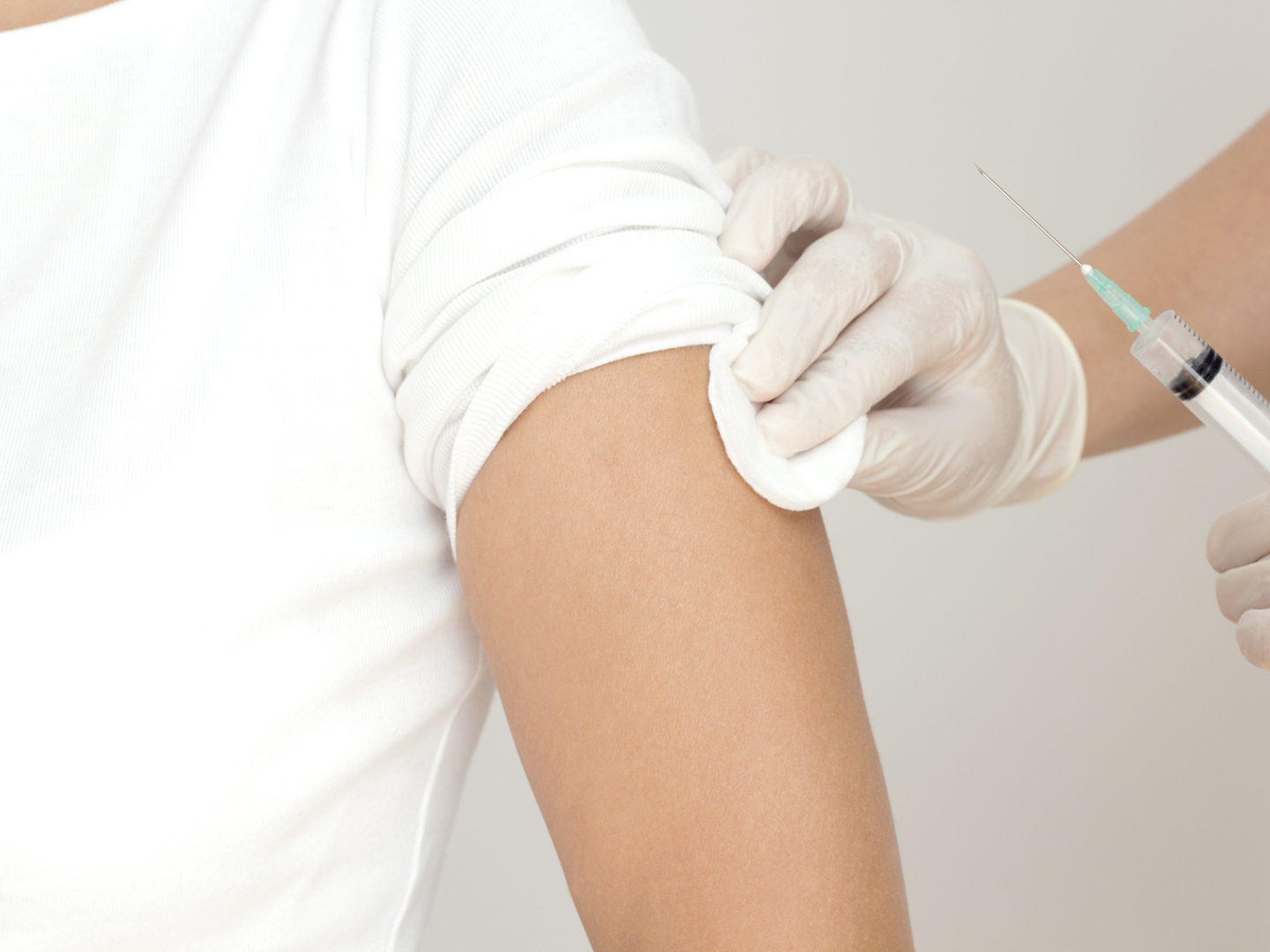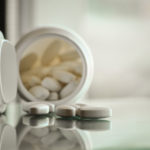Halting Herpes?
I have been considering taking Monolaurin supplements for suppressing herpes outbreaks. What is the most effective dosage? Is it something that should be taken in the same amount daily or increased when an outbreak takes place?
Andrew Weil, M.D. | May 8, 2002

Monolaurin is a nontoxic, antiviral supplement made from lauric acid (a fatty acid found in breast milk) and glycerin. It is used to treat infections with all strains of the herpes virus along with other viral infections including measles, and HIV, the human immunodeficiency virus that causes AIDS. Monolaurin is believed to have the potential to permanently inactivate the fat coated viruses that cause these diseases by fluidizing the lipids (fats) and phospholipids in their envelopes, leading to the disintegration of viral particles.
Monolaurin, sold under the brand name Lauricidin®, comes in the form of mini pellets. Dosage must be individualized. Jon J. Kabara, MD, the physician/researcher who developed monolaurin, says that the usual recommended initial dose is 1.5 grams once or twice a day for one or two weeks. The dose can be increased to 3.0 grams once or twice daily thereafter. A maintenance dose can be 3.0 grams two or three times a day. The idea is to start with a low dose and then increase it gradually until you notice a positive response.
I feel strongly that you take monolaurin only under the supervision of your physician who can order monolaurin for you, determine your best dosage and monitor your progress. However, Dr. Kabara has generously offered to respond to individual questions about dosage submitted with orders via his Web site, www.lauricidin.com.
If you have herpes, be sure to include in your diet more foods high in lysine, an amino acid that inhibits the virus. These include yogurt, fish,potatoes and brewer’s yeast. At the same time, cut back on foods high in L-arginine, another amino acid that may promote outbreaks. These foods include chocolate, peas, nuts and seeds.
Andrew Weil, M.D.










